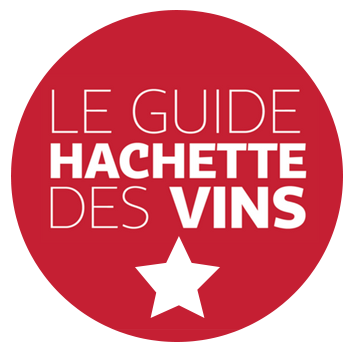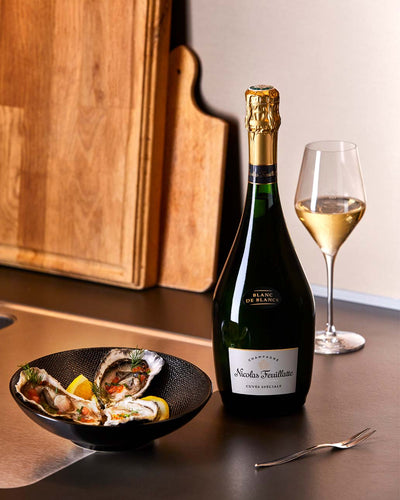
Guide Hachette des Vins 2024
1*
![]() You need 150,00€ more to benefit from free delivery!
You need 150,00€ more to benefit from free delivery!
Your shopping cart is empty
![]() You need 150,00€ more to benefit from free delivery!
You need 150,00€ more to benefit from free delivery!
Your shopping cart is empty
Fine and airy


Guillaume Roffiaen, chef de caves